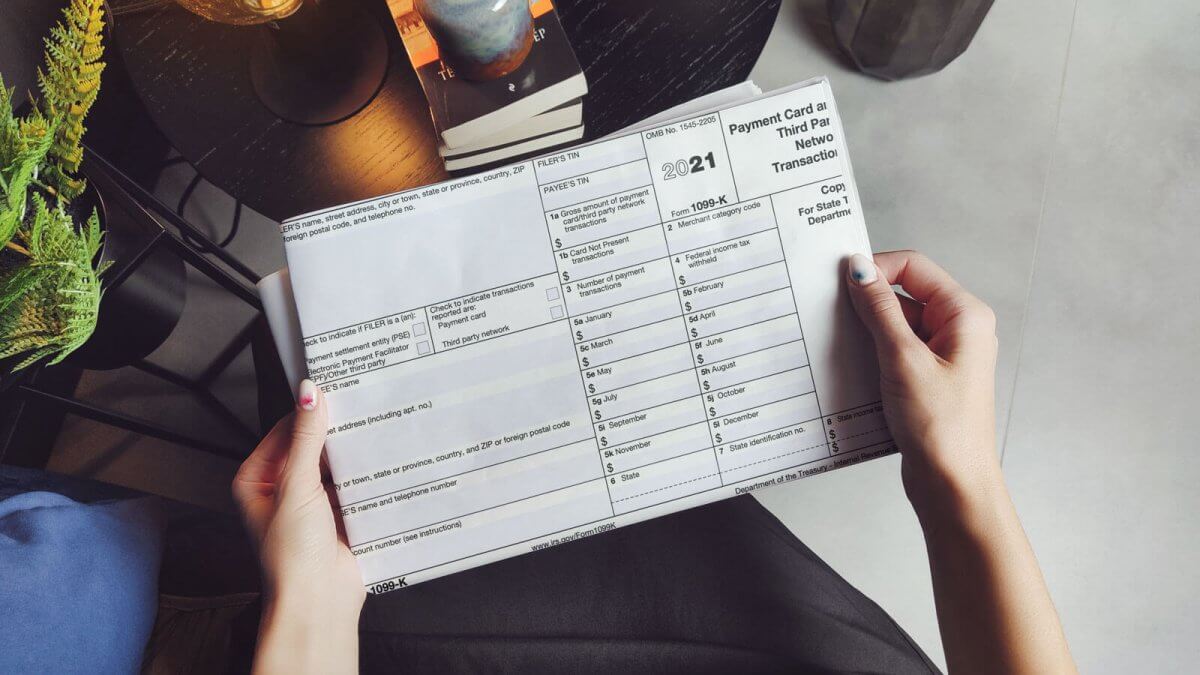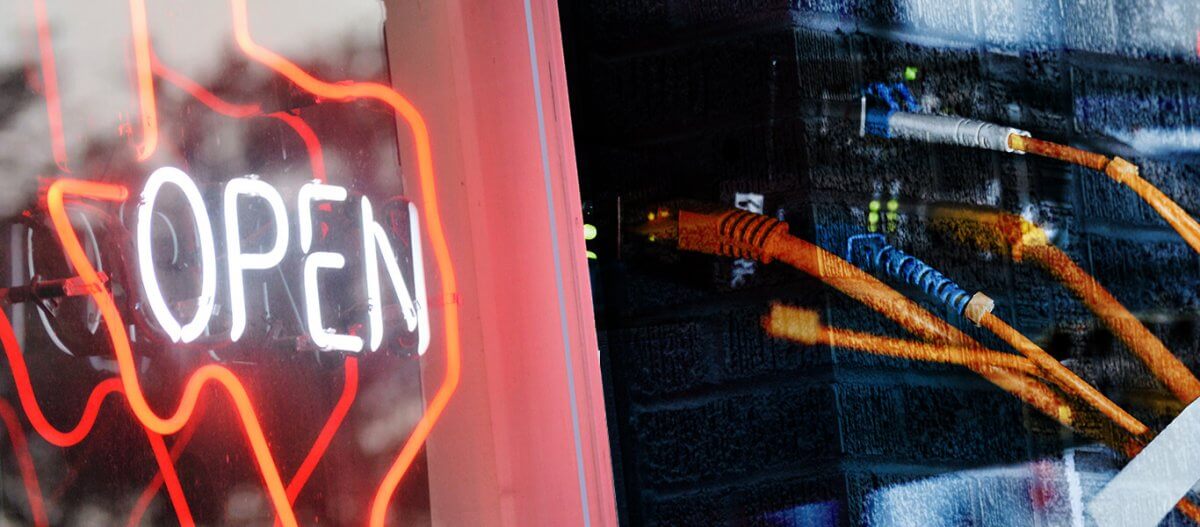Today, the Internet Association filed an amicus brief in a patent case before the United States Supreme Court. The case – Halo/Stryker – centers on the standard applied by courts when awarding enhanced damages for willful infringement of a patent. It is a very important case not only for the Internet: all technology and communications companies stand to be impacted by it. This is why the brief is backed by a broad coalition representing trillions of dollars in market value. The Internet Association joined this broad coalition because a ruling that relaxes the standard for willful patent infringement will add yet another potent weapon to the patent trolls’ already extensive arsenal.
Under existing patent law, courts may award enhanced damages only as a punishment for willful infringement. This is a bright line rule – the kind that establishes rules of the road and legal certainty for Internet startups and those looking to invest in them. However, the petitioners before the Supreme Court argue that a court may enhance damages ‘even if a defendant’s conduct is not aggravated in any sense.’ If this becomes the standard, the world could become one in which the risk of enhanced damages becomes the norm and not the exception.
As our coalition’s brief explains, moving away from a bright line rule to a relaxed standard would be bad not only as a matter of law but also as a matter of economics.
As a matter of law, the historic record shows that the Supreme Court has looked at this issue before and concluded that enhanced damages should not be applied to the average defendant in a patent case (most of whom act in ‘ignorance or good faith’) but rather should be reserved for the ‘wanton and malicious pirate’ who acts in bad faith.
As a matter of economics, there is an established relationship between bright line legal rules and incentives to invest in startups. This relationship is observed not only in the patent context: the bright line safe harbors created by Section 512 of the Digital Millennium Copyright Act and Section 230 of the Communications Decency Act have been instrumental in creating the legal certainty needed for investors to place a bet on fledgling Internet startups. The standard at stake in Halo/Stryker is no different from these statutory regimes: they all provide clear rules of the road that incentivize the risk taking needed for the Internet ecosystem – which is 6 percent of our GDP and nearly 3 million American jobs – to thrive and survive.
At a time when the trolls are emboldened and patent litigation is at record levels, the trickle down effect of an unfavorable decision in Halo/Stryker on innovators – large and small – cannot be overstated. In the second half of 2015 troll cases filed in the Eastern District of Texas exploded. Although the Eastern District of Texas encompasses less than 1% of the U.S. population it accounted for 64% of the defendants sued by trolls (up from 40% in the same period the year before). In today’s economy, the real ‘wanton and malicious’ pirates are the patent trolls. Let’s not make their business model even more attractive by allowing them to demand unlimited damages from innovators including the Internet Association’s members.
Read amicus brief here.










